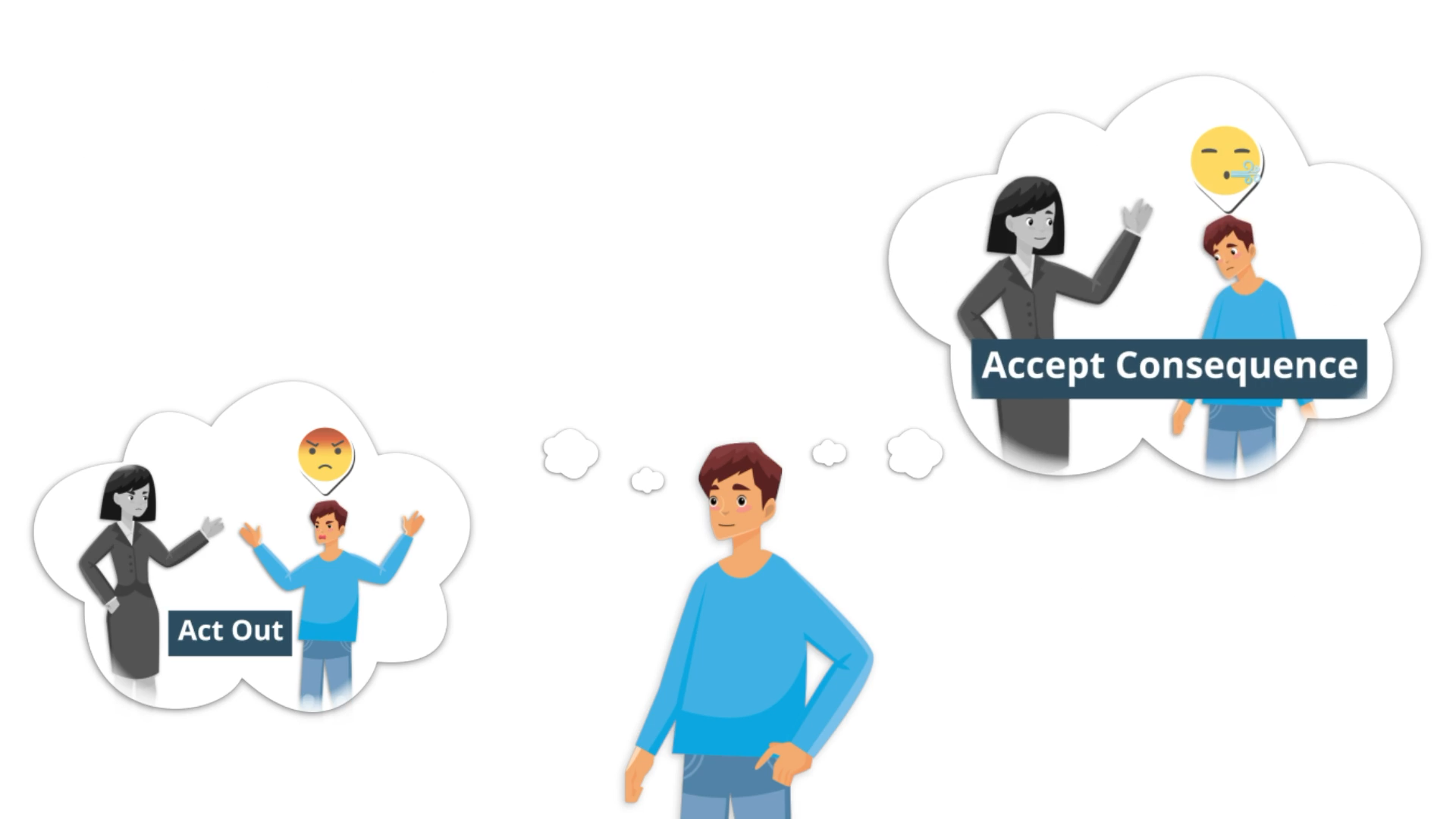
Introduction
As educators, it is crucial to teach young children about the concept of consequences, both positive and negative, and how to accept them. This is an important aspect of Social-Emotional Learning, as it helps students develop self-awareness, self-management, and responsible decision-making. In this blog post, we will explore a no-prep activity, discussion questions, and related skills that can help PreK students understand that their actions have consequences and learn how to accept them calmly.
No-Prep Activity: The Consequence Chain
In this simple yet engaging activity, students will learn to recognize the consequences of their actions by creating a consequence chain. Here’s how it works:
- Ask the students to sit in a circle.
- Start by sharing an action or decision, such as “I decided to share my toys with my classmates.”
- Ask the student to your left to share a possible consequence of the action, such as “My classmates will be happy.”
- Continue around the circle, with each student adding a consequence to the chain. Encourage students to think about both positive and negative consequences.
- If a student is struggling, gently guide them by asking questions like, “What might happen if you didn’t share your toys?” or “How would your classmates feel if you shared your toys?”
- Once the chain is complete, discuss how the choices we make can lead to different consequences and how accepting these consequences is an important skill to develop.
Discussion Questions
Use the following questions to stimulate further discussions and help students deepen their understanding of consequences and acceptance:
- Can you think of a time when you experienced a positive consequence because of something you did? How did that make you feel?
- What about a time when you experienced a negative consequence? How did you handle it? What could you do differently next time?
- Why do you think it’s important to accept the consequences of our actions, even when we feel upset or frustrated?
- What are some strategies you can use to stay calm when facing negative consequences?
- How do you think understanding and accepting consequences can help you make better choices in the future?
Related Skills
Beyond teaching students about consequences and acceptance, there are other relevant skills that can contribute to their overall Social-Emotional Learning:
- Empathy: Understanding how our actions affect others and developing the ability to put ourselves in their shoes.
- Problem-solving: Identifying problems and finding appropriate solutions, helping prevent negative consequences in the future.
- Self-regulation: Managing our emotions and behaviors to handle challenging situations and cope with negative consequences.
- Communication: Expressing our thoughts and feelings effectively, and listening to others to better understand their perspective.
Next Steps
Teaching PreK students about consequences and acceptance is an essential part of their Social-Emotional Learning journey. By incorporating activities like the Consequence Chain and engaging in meaningful discussions, you can help your students develop the skills they need to make responsible decisions and manage their emotions. To access more resources and sample materials that support Social-Emotional Learning, sign up for free samples at Everyday Speech.

